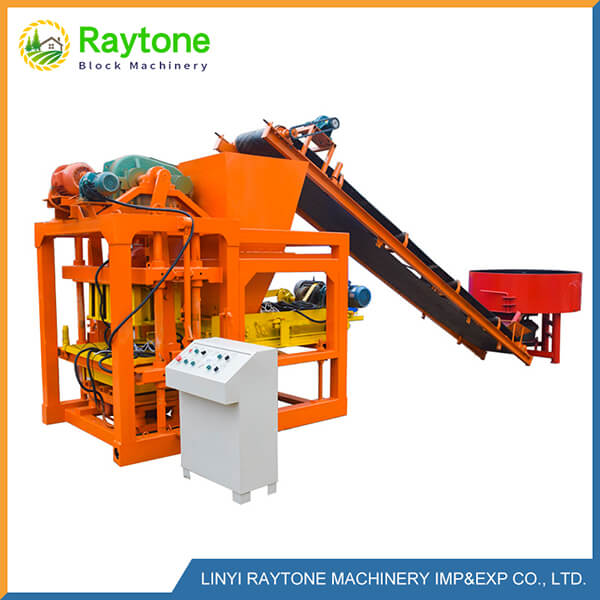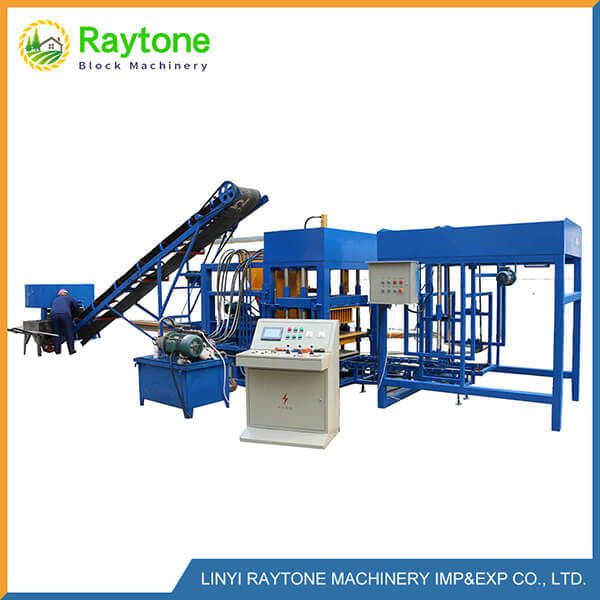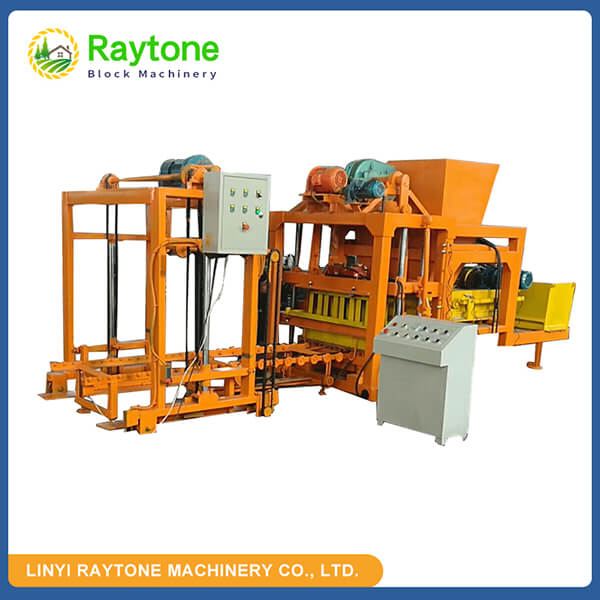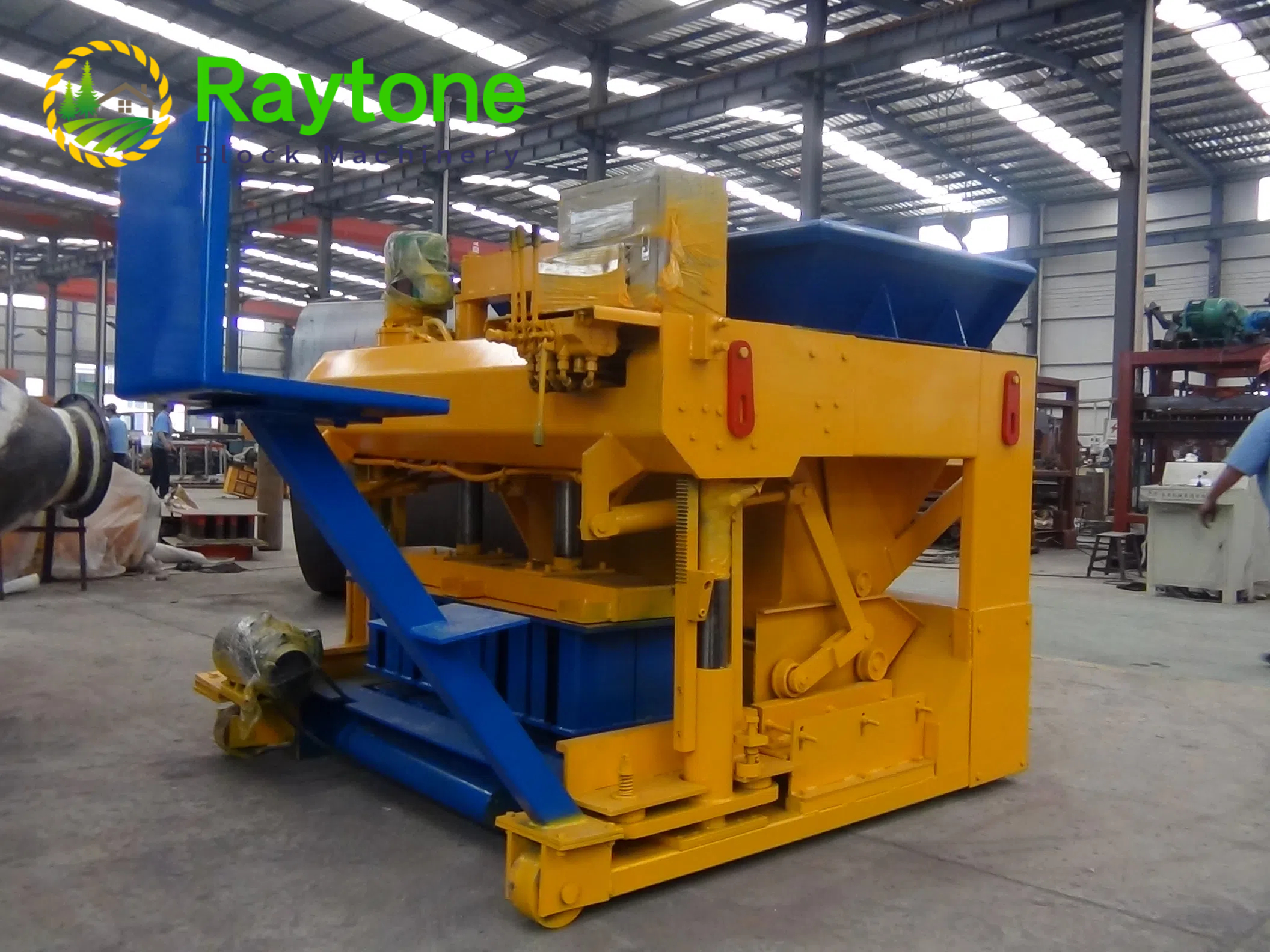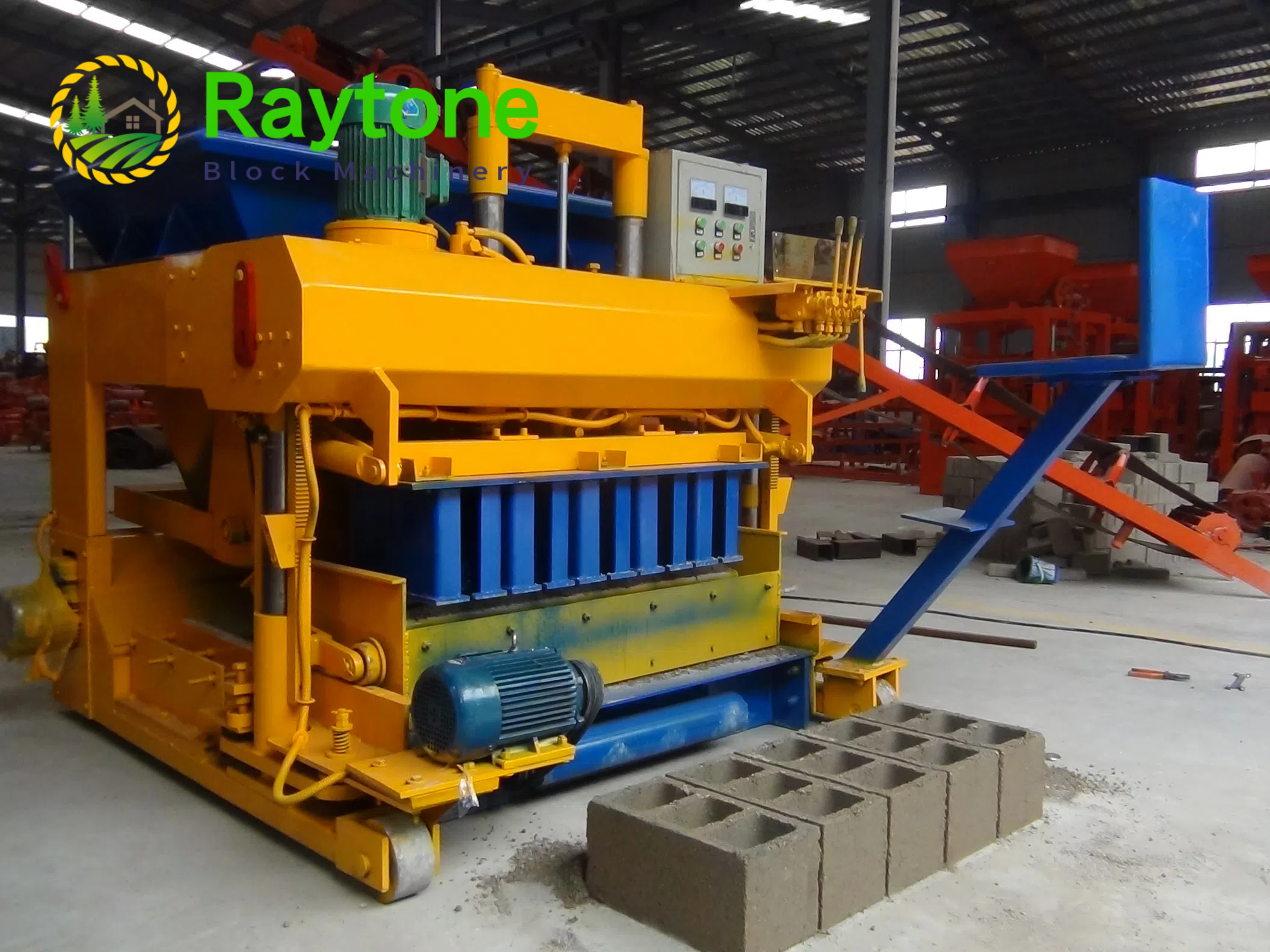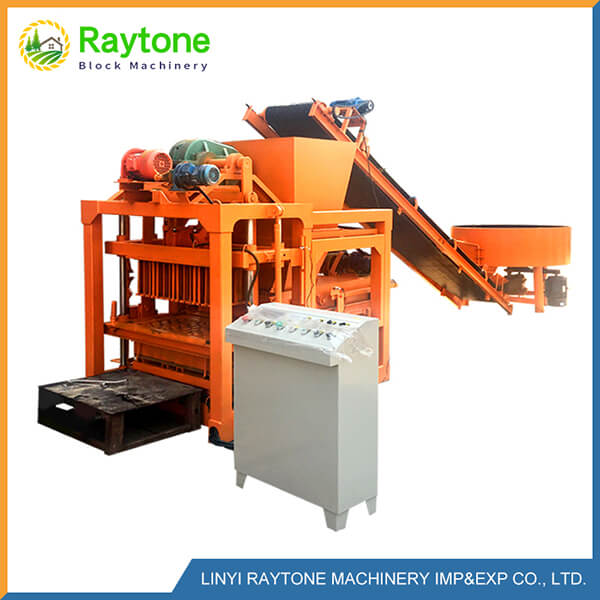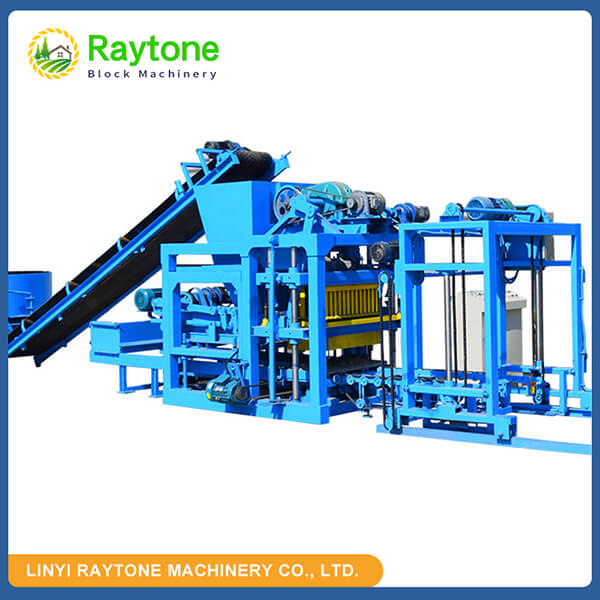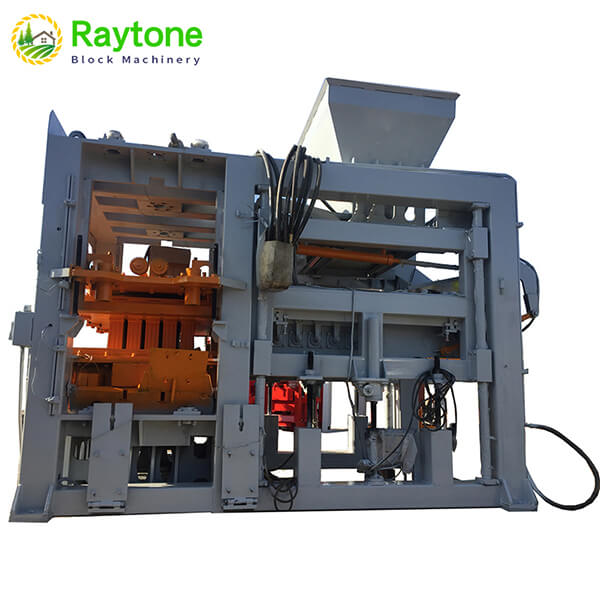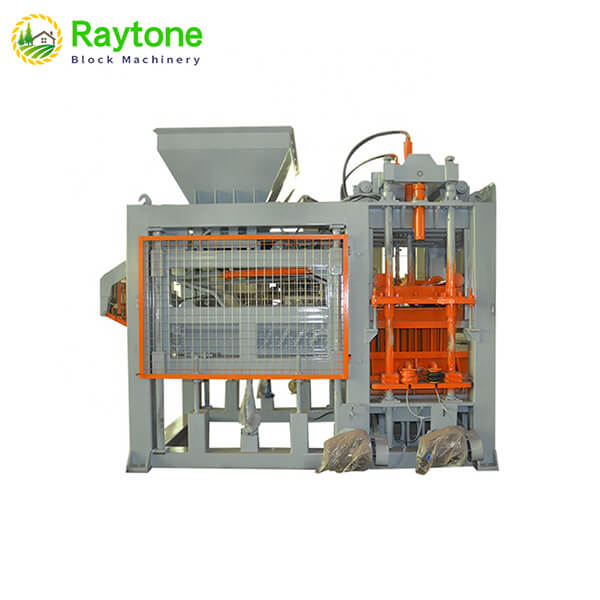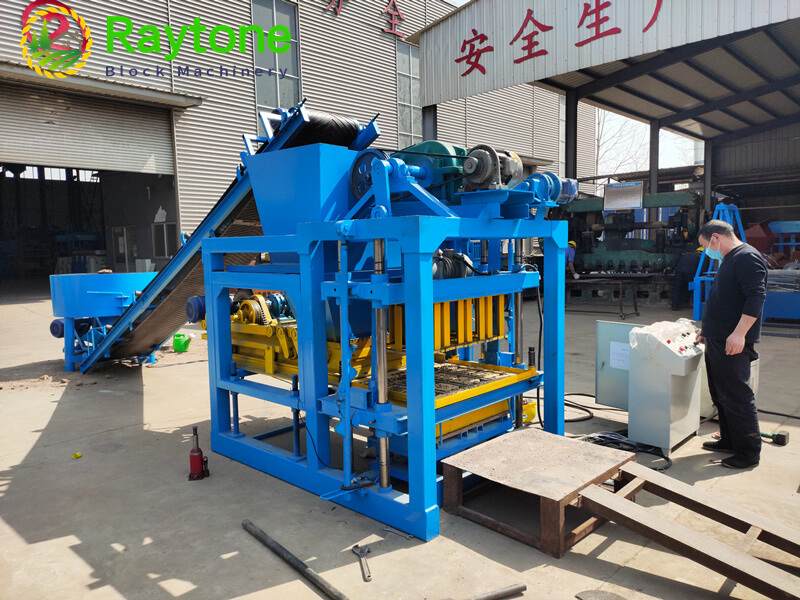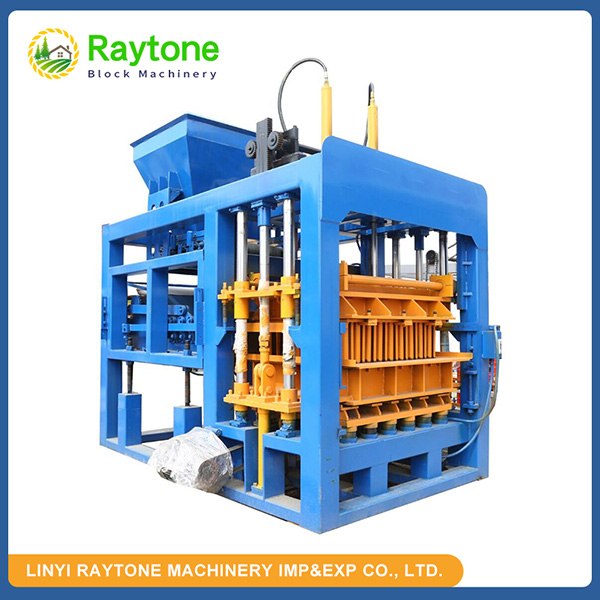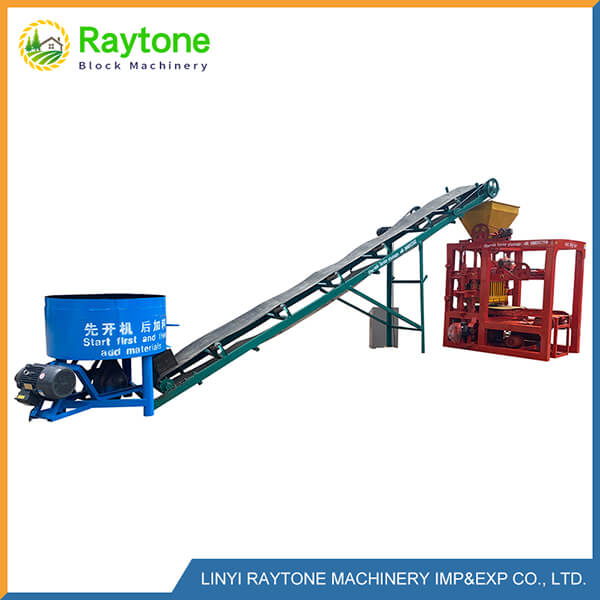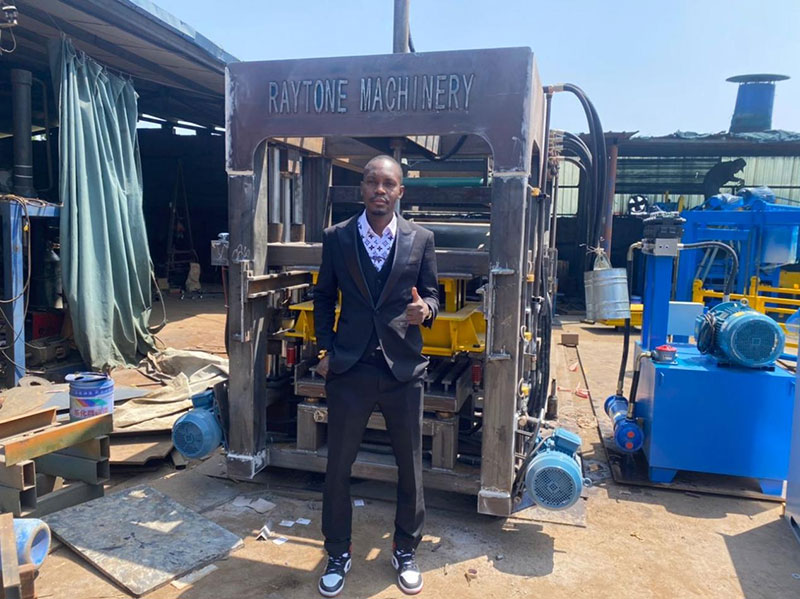Hollow block making machines are essential equipment in the construction industry, revolutionizing the production of concrete blocks. These versatile machines efficiently create hollow blocks used in various building applications, from residential homes to commercial structures. Designed to boost productivity and ensure consistent quality, hollow block making machines come in different types, including manual, semi-automatic, and fully automatic models. Among these, the QT4-28 semi-automatic brick making machine stands out for its balance between automation and cost-effectiveness, offering a reliable solution for medium-scale production. They offer numerous advantages such as cost-effectiveness, reduced labor requirements, and increased production capacity. Whether you’re a small-scale contractor or a large construction firm, understanding the intricacies of hollow block making machines can significantly enhance your building projects and streamline your operations.
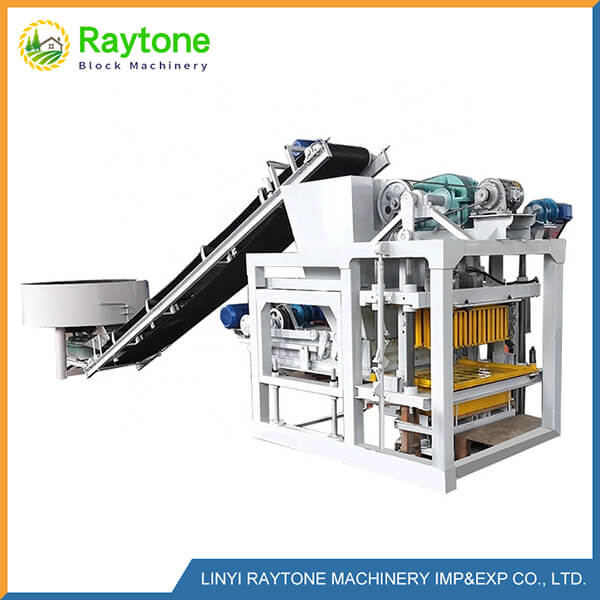
Types of Hollow Block Making Machines
Manual Hollow Block Making Machines
Manual hollow block making machines are the simplest and most affordable option for small-scale production. These machines require human operation for every step of the block-making process, from mixing the raw materials to molding and ejecting the blocks. While they have a lower output compared to automated systems, manual machines are ideal for projects with limited budgets or in areas with unreliable power supply. They’re also excellent for producing small batches of custom-sized blocks.
Semi-Automatic Hollow Block Making Machines
Semi-automatic hollow block making machines, like the QT4-28 semi-automatic brick making machine, offer a balance between manual operation and automation. These machines typically automate certain processes such as material feeding, compaction, and block ejection, while still requiring some manual intervention. The QT4-28 model, for instance, can produce various types of blocks, including hollow blocks, solid blocks, and interlocking bricks. Semi-automatic machines are popular among medium-sized operations due to their increased efficiency and relatively affordable price point.
Fully Automatic Hollow Block Making Machines
Fully automatic hollow block making machines represent the pinnacle of block production technology. These sophisticated systems automate the entire block-making process, from raw material mixing to block curing. They offer the highest production capacity and consistency, making them ideal for large-scale operations. While they require a significant initial investment, fully automatic machines can dramatically increase output and reduce labor costs in the long run. They’re equipped with advanced features like PLC control systems, automatic pallet feeding, and integrated quality control mechanisms.
Key Components of a Hollow Block Making Machine
Mixing System
The mixing system is crucial in ensuring the proper blend of raw materials for high-quality blocks. It typically consists of a mixer, which can be either a pan mixer or a planetary mixer, depending on the machine’s capacity. Advanced mixing systems incorporate automatic weighing and dosing of materials, ensuring consistent mix ratios. The efficiency of the mixing system directly impacts the strength and durability of the produced blocks.
Molding System
The molding system is the heart of any hollow block making machine. It comprises the mold box, vibration system, and hydraulic pressing mechanism. The mold box determines the shape and size of the blocks, while the vibration system ensures even distribution of the concrete mix. The hydraulic press applies the necessary pressure to compact the mix, creating dense and sturdy blocks. High-quality molding systems use wear-resistant materials to ensure longevity and maintain block consistency over time.
Hydraulic System
The hydraulic system powers various functions of the hollow block making machine, including material feeding, pressing, and block ejection. It consists of hydraulic pumps, valves, cylinders, and control mechanisms. The efficiency and reliability of the hydraulic system significantly influence the machine’s overall performance and production speed. Modern machines often feature advanced hydraulic systems with precise control capabilities, allowing for adjustments in pressure and timing to optimize block quality.
Factors to Consider When Choosing a Hollow Block Making Machine
Production Capacity
When selecting a hollow block making machine, production capacity is a crucial factor to consider. This refers to the number of blocks the machine can produce in a given time frame, typically measured in blocks per hour or cycle time. The required production capacity depends on your project scale and demand. For instance, a QT4-28 semi-automatic brick making machine might be suitable for medium-scale operations, while larger projects may necessitate fully automatic machines with higher output. It’s essential to balance your current needs with potential future growth to ensure the machine remains efficient in the long term.
Block Variety and Customization
The versatility of a hollow block making machine in producing different types and sizes of blocks is another important consideration. Some machines are designed to produce only standard hollow blocks, while others offer the flexibility to create a wide range of products, including solid blocks, paving stones, and interlocking bricks. Machines with interchangeable molds provide greater versatility, allowing you to adapt to changing market demands or project requirements. Consider the types of blocks you’ll need to produce most frequently and ensure the machine can accommodate these specifications.
Maintenance and After-Sales Support
The longevity and efficiency of your hollow block making machine depend significantly on proper maintenance and timely support. When choosing a machine, consider the manufacturer’s reputation for after-sales service and the availability of spare parts. Regular maintenance can prevent costly breakdowns and extend the machine’s lifespan. Look for manufacturers who offer comprehensive training programs, detailed operation manuals, and responsive technical support. Some advanced machines come with remote diagnostic capabilities, allowing for quick troubleshooting and minimizing downtime. Investing in a machine with robust after-sales support can save you time and money in the long run.
Conclusion
Hollow block making machines have transformed the construction industry by offering efficient, cost-effective solutions for producing high-quality building materials. From manual systems to sophisticated fully automatic machines like the QT4-28 semi-automatic brick making machine, there’s a wide range of options to suit various production needs and budgets. By considering factors such as production capacity, block variety, and after-sales support, you can select the ideal machine for your projects. As technology continues to advance, these machines are becoming more efficient, versatile, and user-friendly, paving the way for innovative construction practices and sustainable building solutions.
Contact Us
At Raytone Machinery, we’re committed to providing top-quality hollow block making machines that meet your specific needs. Our range includes everything from manual systems to advanced automatic machines, including the QT4-28 semi-automatic brick making machine, ensuring we have the perfect solution for your construction projects. With our expertise in block machine manufacturing and dedication to customer satisfaction, we offer unparalleled value and support. Ready to elevate your block production? Contact us today at hazel@raytonechina.com to discuss how our machines can boost your productivity and profitability.
References
- Smith, J. (2022). Advancements in Concrete Block Manufacturing Technology. Construction Engineering Quarterly.
- Johnson, M. et al. (2021). Comparative Analysis of Manual vs. Automated Block Making Machines. Journal of Building Materials.
- Brown, R. (2023). The Impact of Block Making Machines on Construction Efficiency. International Construction Review.
- Lee, S. (2022). Sustainability in Concrete Block Production: The Role of Modern Machinery. Green Building Technologies.
- Garcia, A. (2021). Quality Control in Hollow Block Manufacturing: A Machine-Centric Approach. Construction Quality Assurance.
- Wilson, T. (2023). Economic Analysis of Investing in Automated Block Making Machines. Construction Business Journal.


